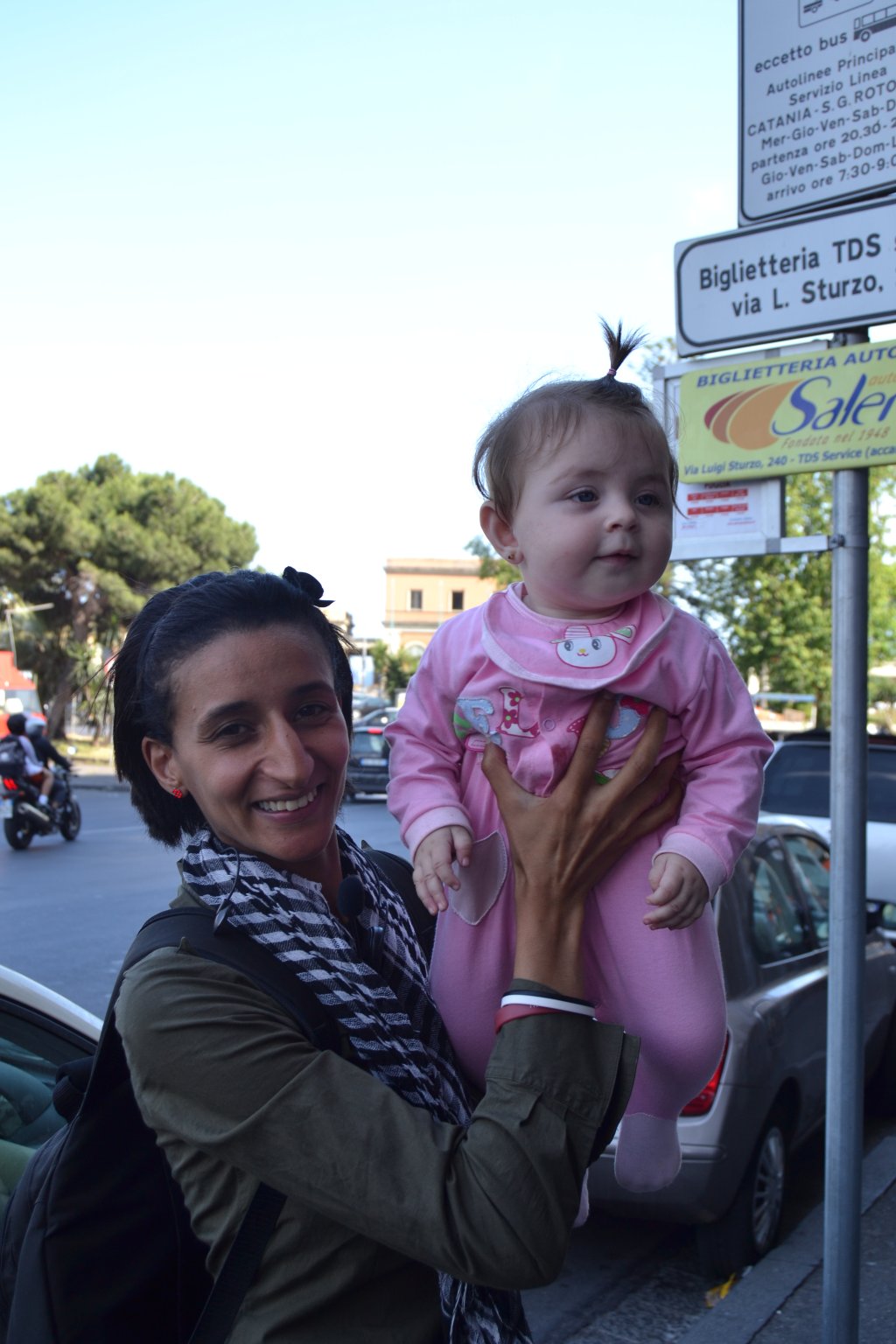*First Published on InfoMigrants
Among the passengers aboard the trawler that sank off Greece on June 14 were two cousins from a village in Egypt. Only one survived.
More information is coming out about the victims of the devastating shipwreck that took place June 14 off the coast of Greece.
Ramy Ramadan Shasha, 20, was one of the Egyptian men aboard the boat. He set off from Libya with his cousin Abdallah Shasha, 23. Both are from El Menofiya, a village near the Nile Delta.
InfoMigrants spoke with Abdullah’s brother Magdi Shasha. He currently lives in Milan.
“I received the phone call from my brother, he is alive, but unfortunately our cousin died,” Magdi said. “They left together from Libya where they spent a couple of months.”
Magdi said his brother told him the vessel they traveled upon was “a very old Egyptian boat.”
Magdi said it’s been very difficult to keep in touch with his brother since the wreck. Very few survivors have phones. He said his brother told him the police brought him and other survivors to a secluded area near Athens.
All he can do now is wait for his brother to arrive in Milan, he told InfoMigrants.
First contact with the ‘Angel of Refugees’
It has already been reported that the refugees aboard the ship that set off from Tobruk repeatedly contacted the sea rescue NGO Alarm Phone, which takes calls from migrants crossing the Mediterranean in need of help.
But the migrants contacted someone else first: Nawal Soufi, a Moroccan activist from Catania, also known by those close to her as the ‘Angel of Refugees’. Soufi, one of three founders of the photo and humanitarian agency Gerta Human Reports, has been fielding calls from distressed migrants at sea for years. She won recognition for her work in 2016, when she was honored with the European Citizen’s Prize.
Soufi said she received a call from people aboard the trawler around 8:30 a.m. on June 13, around 18 hours before the ship sank.
“In the early hours of the morning, migrants aboard a boat loaded with 750 people contacted me and informed me of their plight,” she told InfoMigrants.

“After five days of travel, the water had run out, the driver of the boat had abandoned them in the open sea, and there were also six dead bodies on board. The migrants did not know exactly where they were, but thanks to the instant location of the Turaya phone, I was able to get their exact location and alerted the relevant authorities.”
She said she was told the situation became “complicated” when a boat approached the trawler and tied ropes to it at two separate points. The people aboard the boat started throwing water bottles at the trawler, she said.
“The migrants felt that they were in great danger, as they feared that the ropes might cause the boat to capsize and that fights on board to get water might cause them to sink. Therefore, they moved slightly away from the boat to avoid a shipwreck,” she said.
She said that the later it got in the day, the more dramatic the situation became.
“The migrants were confused and did not understand whether that was a rescue operation or a way to put their lives even more in danger,” she said. “I stayed in contact with them until 11:00 p.m. Greek time, trying to reassure them and help them find a solution. All the while they were asking me what they should do, and I kept saying that Greek help would come.”
She told InfoMigrants that in the last call she had with members of the boat, “the man I was talking to specifically told me, ‘I feel like this will be our last night alive.’”
The migrants told her that when they pulled away from the coast guard boat, they were not doing it out of hopes of breaking away to navigate to Italy, as some officials have claimed.
“The real driver of the boat was missing and they kept asking what to do. They absolutely needed help in the waters where they were, and if they had expressed to me that they wanted to continue the journey to Italy I would have obviously sent an update to Malta, Greece, and Italy, but the migrants never said anything like that,” she said.
Many questions remain
Nawal’s recounting is similar to those gathered by survivors aboard the boat and statements made by Alarm Phone.
Media investigations using independent tracking of ships have found the boat did not move for several hours, in direct contradiction of statements made by the Greek coast guard.
It remains unclear why the ropes were used and why the people aboard the boat were not rescued sooner, especially given the fact that pictures and video taken of the vessel indicate the waters were calm.
“All migrant ships are unstable and unable to navigate, so they must be rescued immediately,” Flavio Di Giacomo, spokesman of the UN’s International Organization for Migration for the Mediterranean told InfoMigrants.

